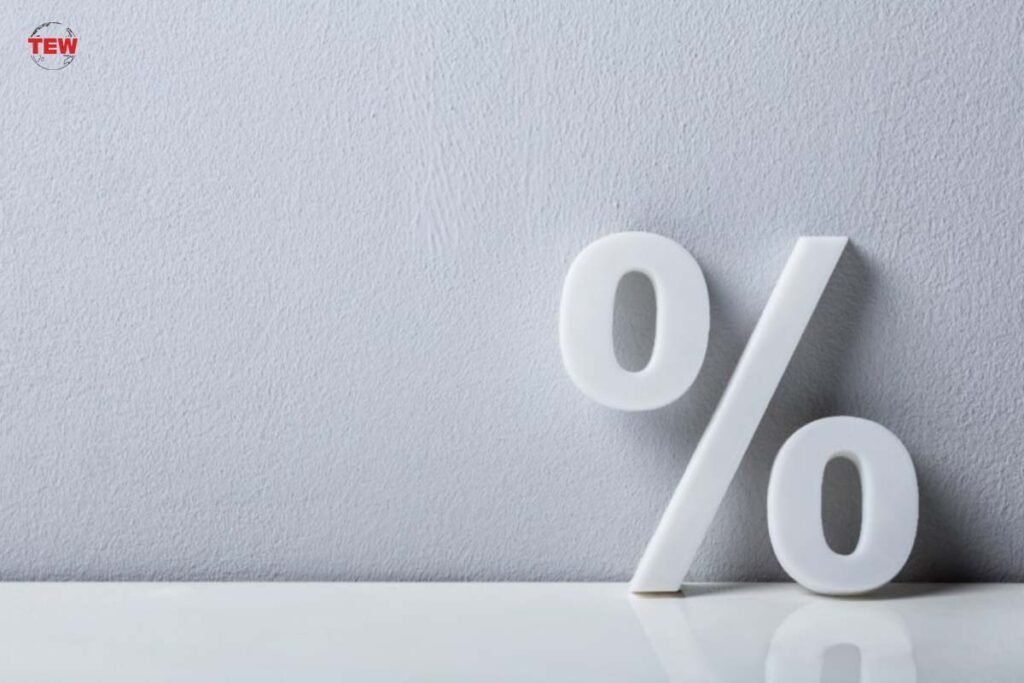Understanding Business Loan Rates can help you choose a better financing option. According to recent figures from the Federal Reserve, the average interest rates for business loans range between 4.9% and 9.83%. Expect traditional banks to charge from 6.75%, while alternative lenders, including online lenders like My Canada Payday loans, charge interests ranging from 3.5% to 30.12%.
However, these rates differ depending on several factors, including Business Loan Rates type, qualifications of the borrower, and lender conditions.
Below are a few things you should know about Business Loan Rates and fees for 2023 ;
1. What Determines Loan Rates?
Interest rates on business loans are a figure the lender charges for funding your business. Ideally, it should be a percentage of the total amount borrowed. The following factors affect interest rates charged by lenders.

- Lender – Entrepreneurs can source business financing from different lenders. While getting small business loans from banks is difficult due to stringent requirements, bank loans have the lowest rates. Online lenders have few eligibility requirements but charge high-interest rates.
- Loan type – Interest rates for small Business Loan Rates also vary by product.
- The borrower’s financial situation – Interest rates for business loans also depends on the entrepreneurs’ financial status, such as business income, time in business, and credit score. If you are a risky borrower, lenders will likely quote high interest.
- Collateral – Lenders can offer better rates to businesses that give out collateral or security for the loan. You can sign off business property or inventory.
The length of the repayment period, market conditions, and the amount borrowed also affect interest rates on small business loans.
2. What Fees Affect Business Loan Rates?
Apart from the interest rates, lenders also charge fees that can significantly increase your total debt. You should know the fees charged by lenders to make a better comparison. Below are some loan fees that contribute to the total loan cost.
- Application fee – Most lenders charge application fees for processing the loan application. This fee primarily covers the costs of credit checks and isn’t refundable if the lender doesn’t approve your loan application.
- Guarantee fee – This fee is specific to an SBA loan. Lenders should pay guarantee fees to SBA for every loan issued. As such, they pass this fee to borrowers. Guarantee fee range from 0.25% to 3.75%.
- Origination fee – Origination fees range from 1% to 9% and compensate lenders for the time spent processing your loan. Most lenders deduct the origination fee from the loan approved.
- Prepayment fees – Lenders charge prepayment fees if the borrower pays off the loan before the due date.
- Processing fee – Also called an underwriting fee, lenders charge a processing fee of 5% or more as administrative costs.
- Closing fees – Include all the fees mentioned above and other charges lenders impose when processing the Business Loan Rates.

Endnote
Interest rates for small business loans are always dynamic. You should use the annual percentage rate to compare loan rates from different lenders. APR captures the lender’s interest rates and other associated fees. However, not all lenders use APR when quoting their loan products.




